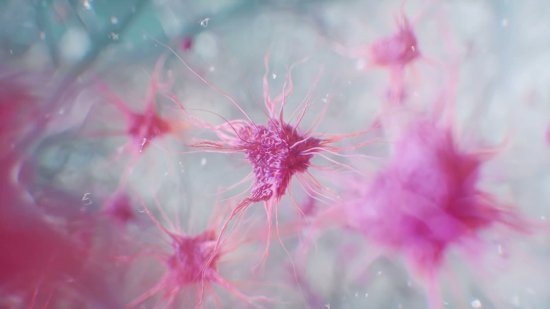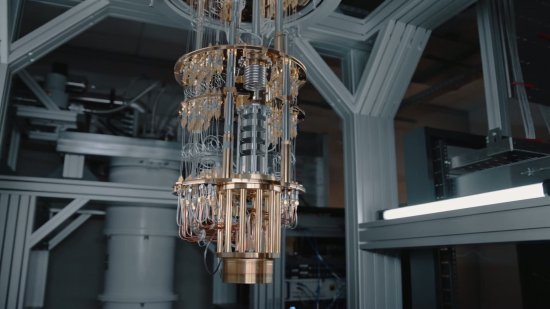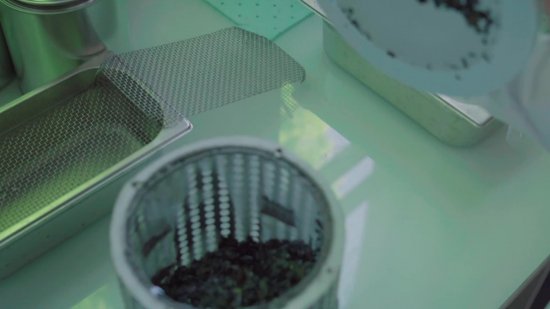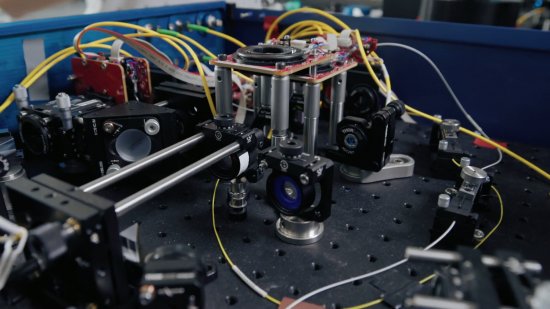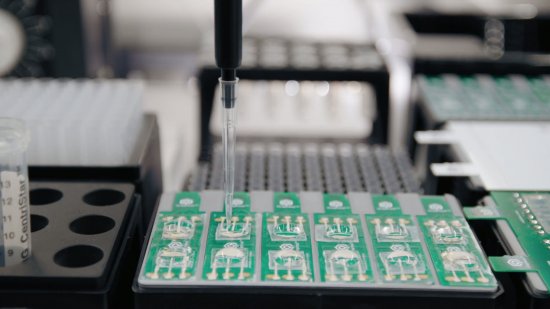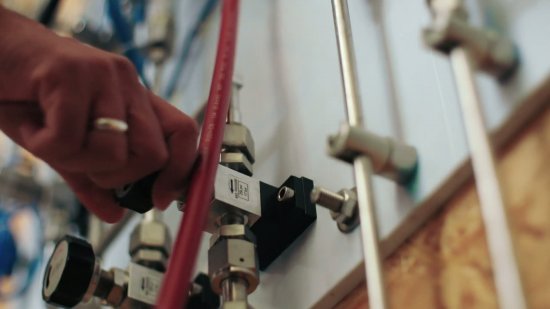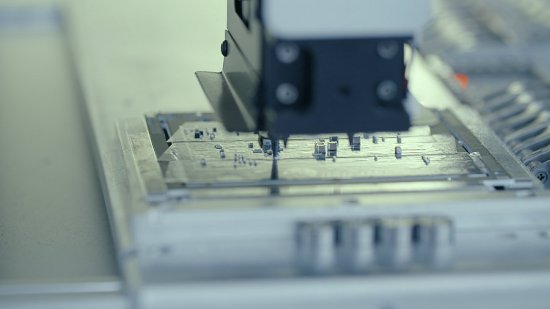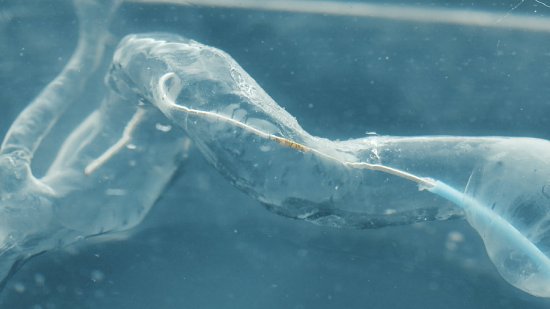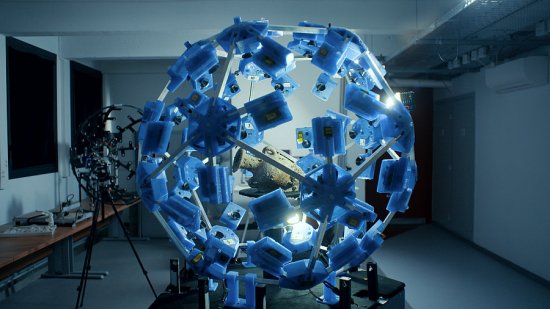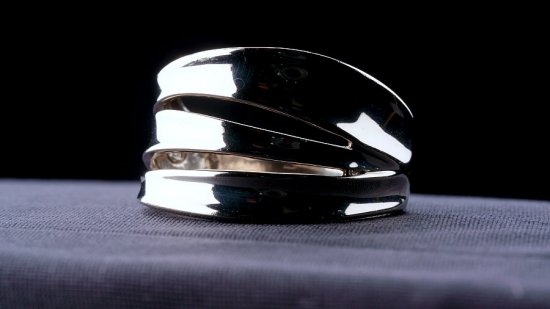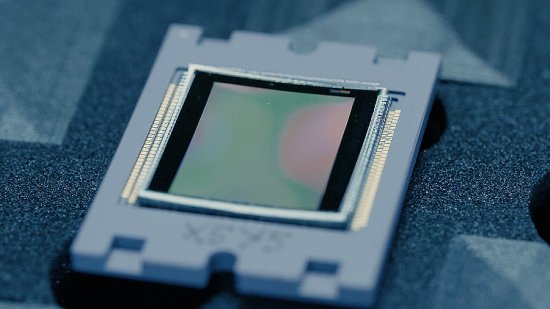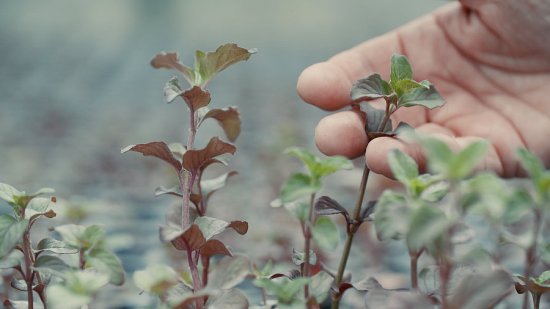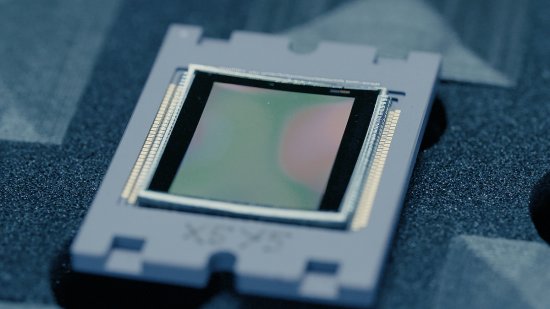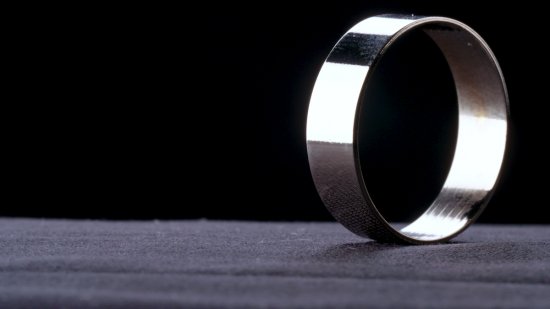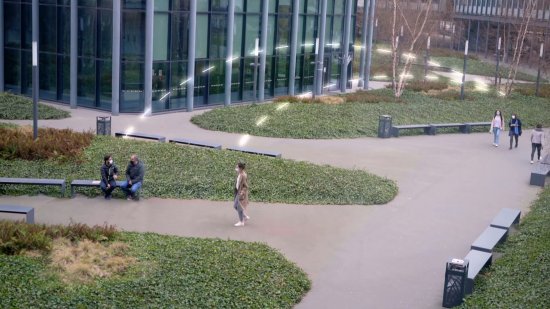Series
De la recherche fondamentale à la deeptech
In France, the CNRS is a major player in Deep Tech with nearly 100 start-ups created per year, more than 5,800 patents, 1,400 active licences and around twenty framework agreements with CAC 40 companies.
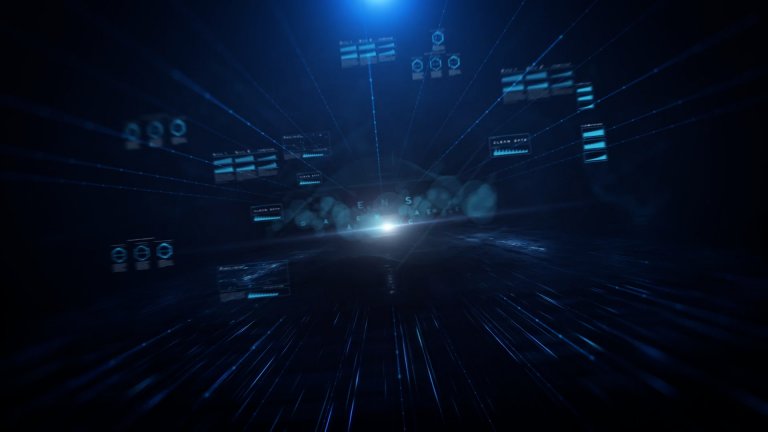
In 2019 and 2021, the CNRS participated in the Viva Technology (VivaTech) exhibition to showcase some of its start-ups, whose variety and quality illustrate the diversity and richness of the research conducted at the CNRS.
Learn about them through this series of films.
Learn about them through this series of films.
CNRS Images,
Our work is guided by the way scientists question the world around them and we translate their research into images to help people to understand the world better and to awaken their curiosity and wonderment.
